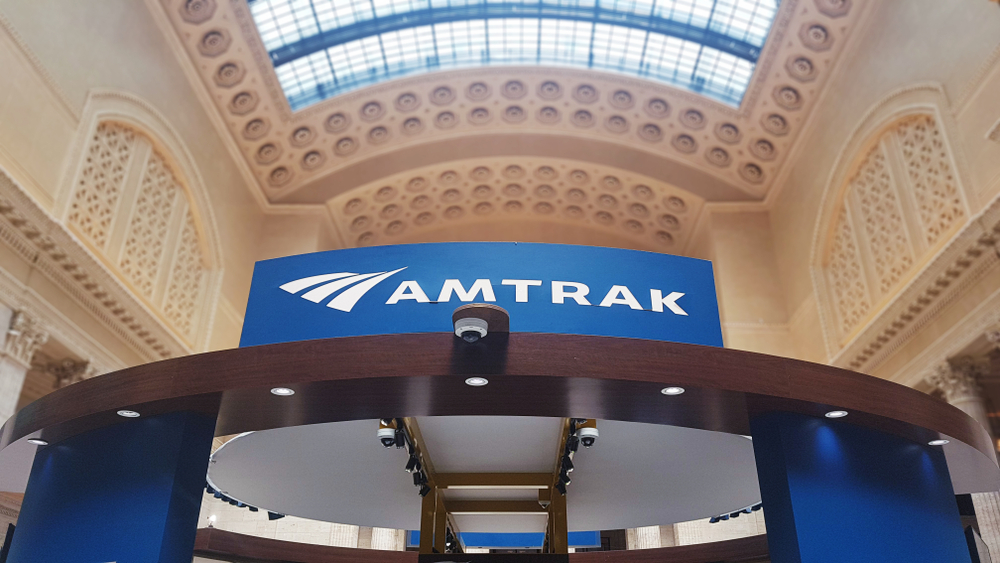
Following the publication of a report from the Amtrak Office of the Inspector General’s (OIG) that noted abysmal on-time performance for the Illini/Saluki route, U.S. Sen. Dick Durbin (D-IL) dispatched letters both to Amtrak and the Federal Railroad Administration (FRA) calling for improvement.
The “Better Estimates Needed of the Financial Impacts of Poor On-Time Performance (OTP)” report found that the Chicago-to-Carbondale route saw OTP as low as six percent for Northbound Illini trains and 17 percent for Northbound Saluki trains last year — even lower than the 29 percent OTP it was at in 2017. This poor OTP has led Amtrak to pay financial penalties for crew staffing violations, with 811 of 1,329 penalties for late trains last year paid to engineers on the Illini/Saluki route.
“Unacceptable OTP not only harms your passengers and your reputation, it is a key factor driving Amtrak’s operating loss of $171 million during FY 2018,” Durbin said in his letter to Amtrak President and CEO Richard Anderson. “As you are well aware, freight railroads continue to ignore their statutory obligation to provide Amtrak with preference on their tracks. As a result, freight interference has hampered Amtrak’s financial stability as well as reliability for riders–and it caused roughly 60 percent of Amtrak’s delays in FY 2018.”
Durbin previously requested this OIG report last year in the form of an amendment during the appropriations process. That amendment passed, leading to more information for Congress on how poor OTP affects Amtrak’s operations, as well as how it can be improved.
“As a firm supporter of passenger rail, I stand ready to continue working with Amtrak, as well as with the FRA to push Canadian National, to improve Amtrak’s reliability for Illinois riders,” Durbin wrote. “The people of Illinois deserve better—they deserve assurance that they can arrive at their destination in not only a safe but a timely manner.”
Canadian National owns much of the track along Illinois routes. He has pushed repeatedly for them to be held accountable for freight railroad interference and speed restrictions.